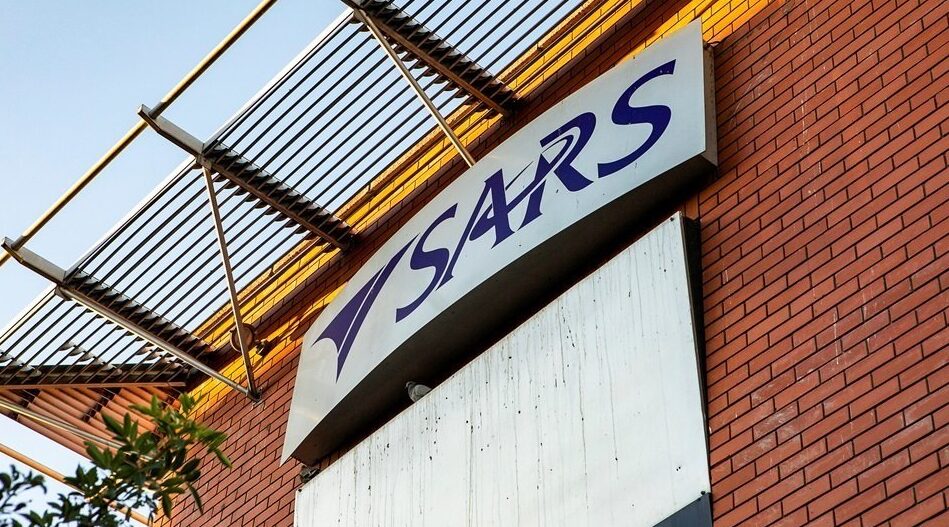SARS faces a second worker strike for the year, as tax season begins.
Tiger Brands extends operations at its fruit canning factory in the Cape, offering a temporary reprieve to over 4,000 workers. Meanwhile, labour federation Cosatu wants workers who have been dismissed for non-compliance with mandatory vaccination policies to be reinstated.
Cosatu to challenge mandatory Covid-19 vaccination
Labour federation Cosatu plans to challenge mandatory Covid-19 vaccination at a “national, policy level” and wants workers who have been dismissed for non-compliance to be reinstated.
Matthew Parks, Cosatu’s parliamentary co-ordinator, told Business Day that while the labour federation supports vaccination against Covid-19, it cannot support the dismissal of workers in a country of 60 million people where only about 14.9 million have jobs.
There is a “diversity of views” among Cosatu’s affiliates, many of which regard mandatory Covid-19 vaccination policies as polarising,” he said.
Tiger Brands factory to stay open
Tiger Brands will extend the operations of its fruit canning factory in the Cape until May 2023, throwing a lifeline to about 4,000 workers and dozens of farmers in the area.
The decision comes more than a month after the food manufacturing giant said it had stopped looking for a buyer for the business and talks with labour about shutting it were due to end in August 2022.
A compact to continue operations in the short term was agreed on with labour, employees of Langeberg & Ashton Foods, and the Canning Fruit Producers Association.
The specialised factory provides 250 permanent and 4,300 seasonal jobs.
SARS faces second strike this year
The South African Revenue Service (SARS) is dealing with a strike for the second time this year.
After wage negotiations deadlocked, and as the July tax season started, the Public Servants Association (PSA) and the National Education, Health and Allied Workers’ Union (Nehawu) embarked on industrial action.
According to EWN, the unions want a salary increase of CPI (five percent) plus seven percent, across the board.
SARS returned with a counter-offer of 1.3 percent after the first strike action in May.
UIF highlights student ID scam
The UIF has noticed a surge in public complaints regarding bogus employers allegedly illegally using student identity numbers to register with the fund and claiming Covid-19 TERS benefits, and in some cases, unemployment benefits.
The scam involves students who have been recruited for “learnerships” and their studies are allegedly sponsored for R3,500 which are not paid to the learners but labelled as their monthly salary when claiming UIF.
Phase 2 of Covid-19 TERS “follow the money project” has started and audit firms will be conducting an end-to-end audit process for all the employees on the payroll of the company against all UIF claims made by the company. Any company found to be defrauding UIF will be reported to the law enforcement agencies and criminal cases will be opened with the South African Police Sservices.












